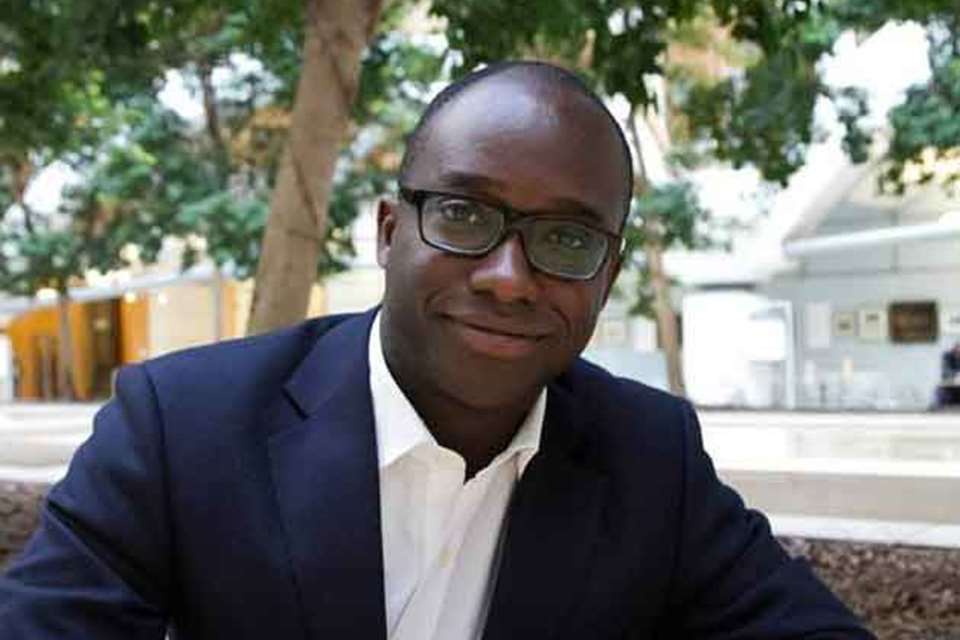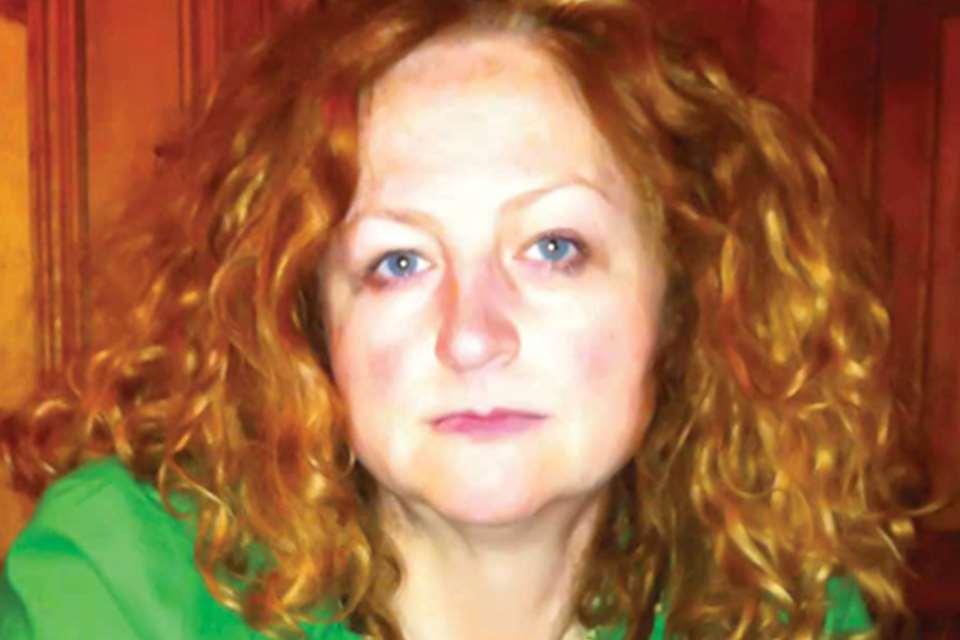Government abandons GCSE rules for Early Years Teachers
Wednesday, August 5, 2015
Early Years Teachers will no longer need GCSE English and Maths at grade C and above to count in Level 3 workforce ratios, following yet another Government revision to qualification requirements.

The move follows Nursery World’s story (13 July) unveiling confusion about equivalency tests no longer being valid for Level 3 workforce ratios for those starting Early Years Teacher Status from September 2014. This meant that those gaining the status would only be counted as a Level 2 practitioner if they did not have the GCSEs.
However, following a brief review and representations from the early years sector, the Government has confirmed that EYTs will no longer need the GCSEs to count in Early Years Foundation Stage Level 3 ratios.
This recognises the fact that holders of EYTS have passed the professional skills tests in numeracy and literacy required for entry to Early Years Teacher training courses, and as part of their level 6 course will have studied approaches to teaching numeracy and literacy for children under five.
The change affects those taking early years initial teacher training courses from September 2014 and is also relevant for those taking QTS. Those who already have EYTS or EYPS are not affected and can continue to be counted in ratios.
The guidance in the Early Years Qualification List (http://www.education.gov.uk/eypqd/level6.shtml) will be amended today.
However, there is as yet no move to change the GCSE rules for those taking other level 6 courses such as early childhood degrees, or other early years courses at levels 4-7.
The latest revision follows last week’s U-turn which saw GCSE entry requirements for standalone Early Years Educator courses removed, bringing them into line with other routes to EYE such as apprenticeships.
Workforce ratio requirements for GCSE for EYEs remain, but the early years sector continues to lobby for the reinstatement of Functional Skills as an acceptable alternative.
Chrissy Meleady, chair of the Early Years Apprenticeship Trail Blazer Group, said, ‘ The group warmly welcomes the fact that the Government and Ministers from the DfE and BIS have listened to our representations alongside partners in regard to the requirement to have the GCSE on exit for standalone Early Years Educator candidates. We also greatly welcome too, the good news that Minister Sam Gyimah MP has also taken on board our request in regard to the EYTS and the QTS and the reasonable equivalents, thereby ensuring the inclusion of these graduate qualified staff into the Level 3 full and relevant ratios of all early years settings. We commend the Government and Ministers concerned for this positive progress and outcome.’
Shanaz Malik of Early Years Equality added, ‘We do hope that there will also be a positive outcome for those who hold levels 4, 5, 6, 7 and 8 [apart from EYTS and QTS] in early years and their early years employers, as they too need and deserve, like the EYTS and the QTS graduates, to be included in ratios.’
Neil Leitch, chief executive of the Pre-school Learning Alliance, said, ‘We warmly welcome this change, which will ensure that talented, dedicated early years practitioners who have worked hard to gain Early Years Teacher Status will not face unnecessary barriers to establishing a career within the early years sector.
‘In light of other recent changes to Early Years Educator qualification requirements, it is very encouraging to see the government continuing to engage with, and actively listen to, the sector, and respond positively by making sensible changes that will help ensure the sustainability of the early years workforce in the long term.'
The National Day Nurseries Association welcomed the news that all Early Years Teachers can now be counted at Level 3 in the EYFS staffing ratios.
Chief executive Purnima Tanuku said, 'NDNA has been calling for clarification to eliminate confusion for early years settings employing Early Years Teachers. Settings can now confidently manage the deployment of staff and be clear that they are EYFS compliant.'
A DfE spokesperson said, 'All the evidence shows that the higher the quality of childcare, the higher the quality of a child’s learning and development. We are totally committed to raising the bar and improving the care children receive.
'That is why we have brought all early years qualifications at Level 3 into line with the Children and Young People’s Workforce Apprenticeship, broadening the routes into childcare, but still ensuring the same high standard of providers is met.'








